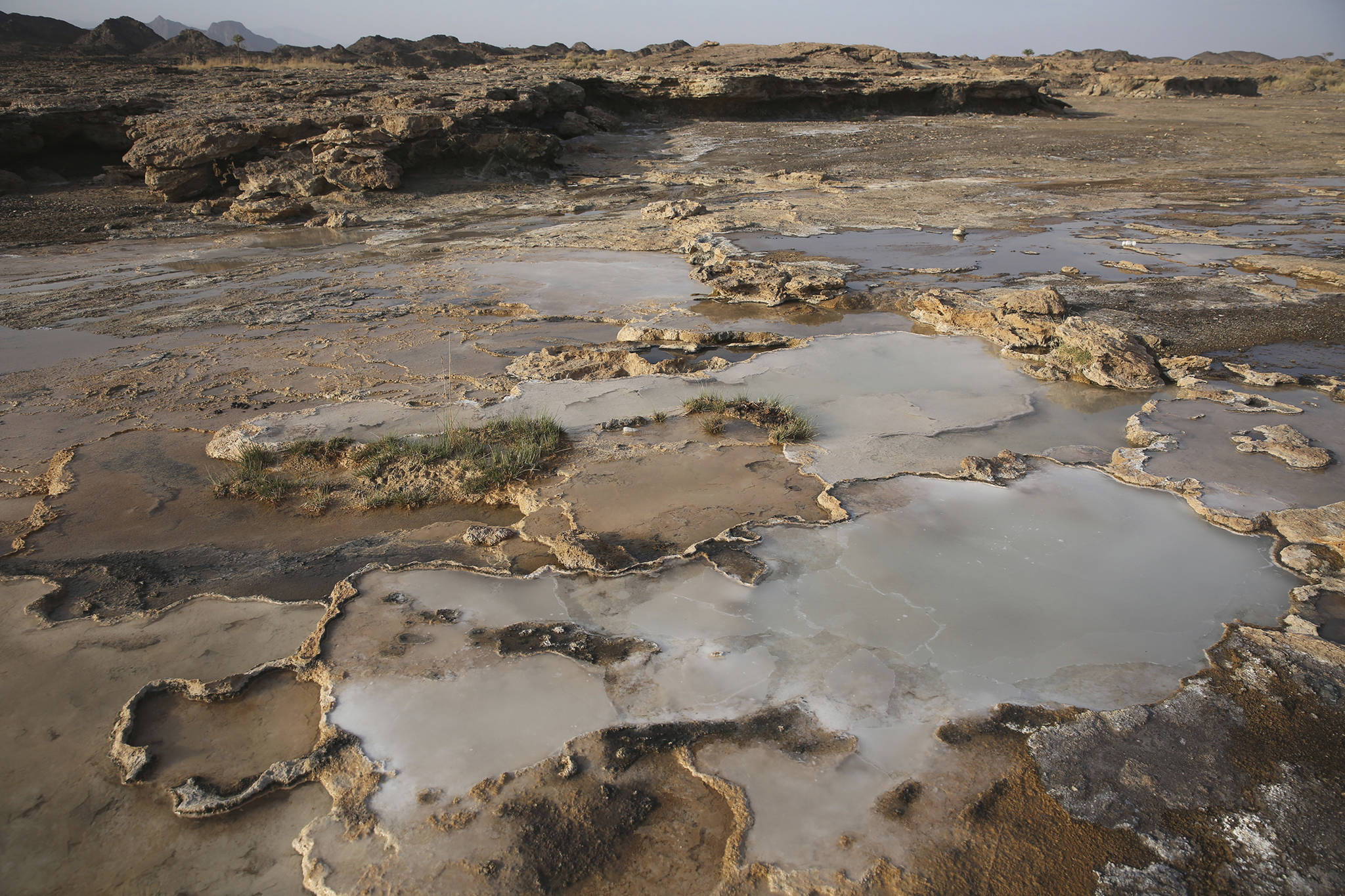Saturday morning will be a busy one for locals concerned with scientific issues.
Starting at 9 a.m., Juneau’s March for Science is set to take place on the steps of the Alaska State Capitol. For an hour, attendees will hold signs and listen to speakers discuss scientific issues and challenges.
This is a national event, spurred by concern over the current presidential administration’s attitude toward scientific funding. Theresa Soley — an M.A. candidate in science communication at Marquette University and the lead organizer of Juneau’s march — said she first heard of the movement in late January.
“My understanding is that researchers, a lot of younger students, people interested in science communication and journalists started to worry about different reports of cutting to the EPA, restricting data and public transparency of scientific information,” Soley said, “and people just became kind of concerned.”
That concern birthed plans for a march on Earth Day — this Saturday — in Washington, D.C. that has become known as the March for Science. Marches will happen in numerous cities throughout the country at the same time. As of midday Tuesday, the March for Science website listed 517 satellite marches expected to take place. Anchorage, Dillingham, Fairbanks, Homer, Ketchikan, Palmer, Seward, Skagway and Tok have all registered in Alaska in addition to Juneau.
Five experts will speak at the event Saturday, including Rep. Zach Fansler, D-Bethel. Guy Archibald, the Mining and Clean Water Coordinator at the Southeast Alaska Conservation Council, will also speak. Two assistant professors at University of Alaska Southeast — Jim Powell and Lora Vess — and Professor Emeritus Roman Motyka with the Geophysical Institute at the University of Alaska Fairbanks round out the speakers.
The Juneau Police Department is closing down the block for exactly one hour for the event, so time will be limited for each speaker. Soley said students will introduce each speaker, and they’re still working out the timing of it all.
Following the speakers, the marchers will walk down Main Street and around to Willoughby Avenue to the Federal Building. There, marchers will mail postcards to lawmakers with various messages. Some of the postcards have pre-written messages on them, promoting either further education funding or proclaiming Alaskans’ support for science.
Though the event has political motivation, the issue of science should not be a partisan one, Soley said.
“To me, I see science as inclusive to everyone,” Soley said. “It’s not about your sex, your gender, your race or even your political affiliation. It’s all-encompassing.”
She tentatively expects a couple hundred participants, as nearly 200 people are recorded as “going” on the event’s Facebook page. Prior to the march itself, there will be a meeting at 5:30 p.m. Thursday in the upstairs room at The Hangar on The Wharf where participants can decorate posters and prepare postcards for Saturday.
Following the rally and the march is the Renewable Juneau Fair at Juneau-Douglas High School. The marchers will head there after they stop at the Federal Building. The fair will run from 10 a.m. to 2 p.m. in the commons at the high school, featuring numerous local organizations that are passionate about the environment. More than 30 organizations and individuals have reserved tables at the fair.
There’s been a good amount of buzz around both the rally and the fair, Soley said, and she’s been enjoying the hectic process of putting it all together.
“I think that there’s a lot of positivity that’s coming from this and that’s coming from people,” Soley said. “I hope, instead of negative energy and frustration coming out of it, it becomes a positive force for science and ecology and health and climate scientists, and I’ve kind of been feeling that.”
• Contact reporter Alex McCarthy at alex.mccarthy@juneauempire.com or 523-2271.

